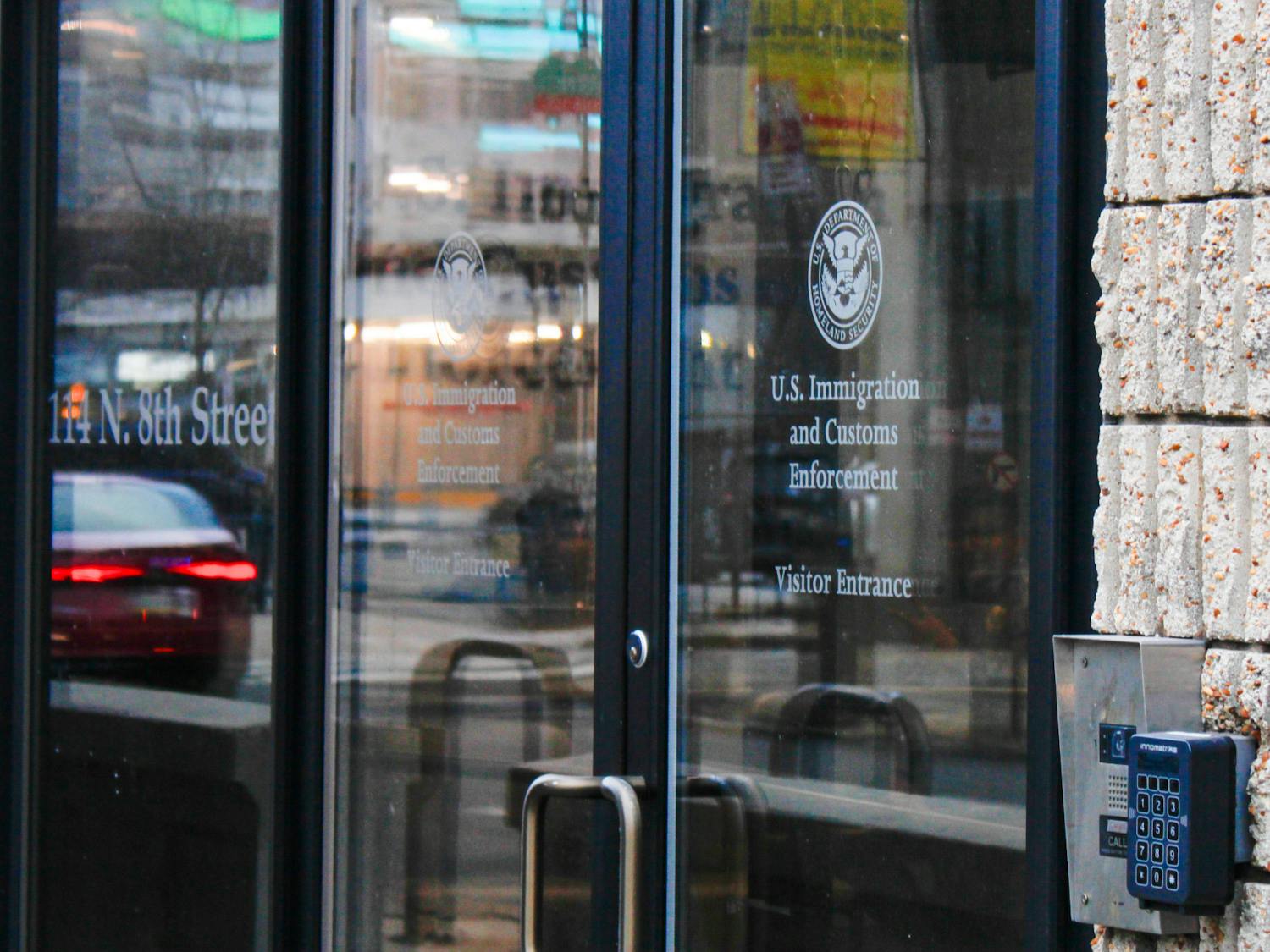Penn is a research institution. While this sentence is often used to excuse poor teaching at the University, it also provides opportunities to undergraduates that may not come at some of the smaller liberal arts colleges in America. The first advantage of being a research institution is research's enhancement to the classroom experience. Every professor we may bemoan as "too focused on research" is actually in the vocation of creating new knowledge for your 10:30 lecture. Rather than reciting by rote facts learned and proved by others, our distinguished faculty constantly pushes the frontier of knowledge so that classroom learning can be an ever-advancing experience. The second advantage is one of the best-kept secrets of Penn: You can do the same thing. Independent studies, work-study jobs and programs like the University Scholars exist to give undergraduates a chance to work either independently or with faculty members in active learning. Deputy Provost Peter Conn says that undergraduate research is among his office's highest priorities. The advent of the Center for Undergraduate Research and Fellowships, located in the former Christian Association building at 3601 Locust Walk, helps meet this priority by providing a way for more undergraduates to do better research than ever before. So far, the center has consolidated some of the University's pre-existing research and fellowship loci. By combining Director Art Casciato -- whose efforts as Harrison College House dean have made him a campus legend -- with staff from the General Honors program, the Office for International Programs and Speaking Across the University, CURF can offer a number of programs under one roof. The center will alert undergraduates to research opportunities inside and outside the University, help undergraduates in crafting and refining research proposals, link undergraduates to research funding and aid them in the construction of their final research output. This model, unique to Penn, also helps undergraduates secure prestigious post-graduate fellowships, such as the Rhodes and Fulbright. By fostering a culture of research, Penn is putting its undergraduates at a natural advantage to students from our peer institutions. This list, however, is not exhaustive of CURF's potential. The center can become a key to linking students with campus faculty and resources to aid them in their research goals. It can take any Penn undergraduate with an inkling to conduct significant research and point him in the proper direction and help him all along the way. But to accomplish this, CURF needs two things from you. The first is your advice. The Nominations and Elections Committee will be accepting applications to serve on the center's student advisory board on Wednesday, November 29, from noon to 6 p.m. in Room 207 of Houston Hall. With the center still in its formative stages, this committee will be key to setting the center's priorities and structure. CURF can best serve your research needs only if your needs are identified. Serving on the student advisory board is your best opportunity to substantively identify your campus' needs. The board will be composed of a student in each undergraduate school as well as a representative from the Benjamin Franklin Scholars and University Scholars programs. To apply, simply follow the instructions found at http://dolphin.upenn.edu/~nec/. This is an incomparable opportunity to define the role undergraduate research will play at Penn for years to come. The second thing CURF needs is your business. Advisors with no clientele do no service to themselves or to the University. Help the University's research community and your own education by going into the center and talking to someone. No matter how unstructured or how undersized your desire to do research, do yourself the favor of seeing what the University has to help you meet that desire. In doing so, you allow yourself to learn through active, unique processes. You also help this research university form a culture of researching undergraduates.
The Daily Pennsylvanian is an independent, student-run newspaper. Please consider making a donation to support the coverage that shapes the University. Your generosity ensures a future of strong journalism at Penn.
DonateMore Like This
Marie Dillard | Penn has no community
By
Marie Dillard
·
Jan. 22, 2026
Charlotte Pulica | Penn, stand with Iran
Jan. 22, 2026
Ady Lotivio | What no one tells you about being international
By
Ady Lotivio
·
Jan. 20, 2026
Audrey Levenson | So many jobs, so much fear
By
Audrey Levenson
·
Jan. 18, 2026
Gloria Oladejo | Boyfriends are embarrassing
By
Gloria Oladejo
·
Jan. 15, 2026








